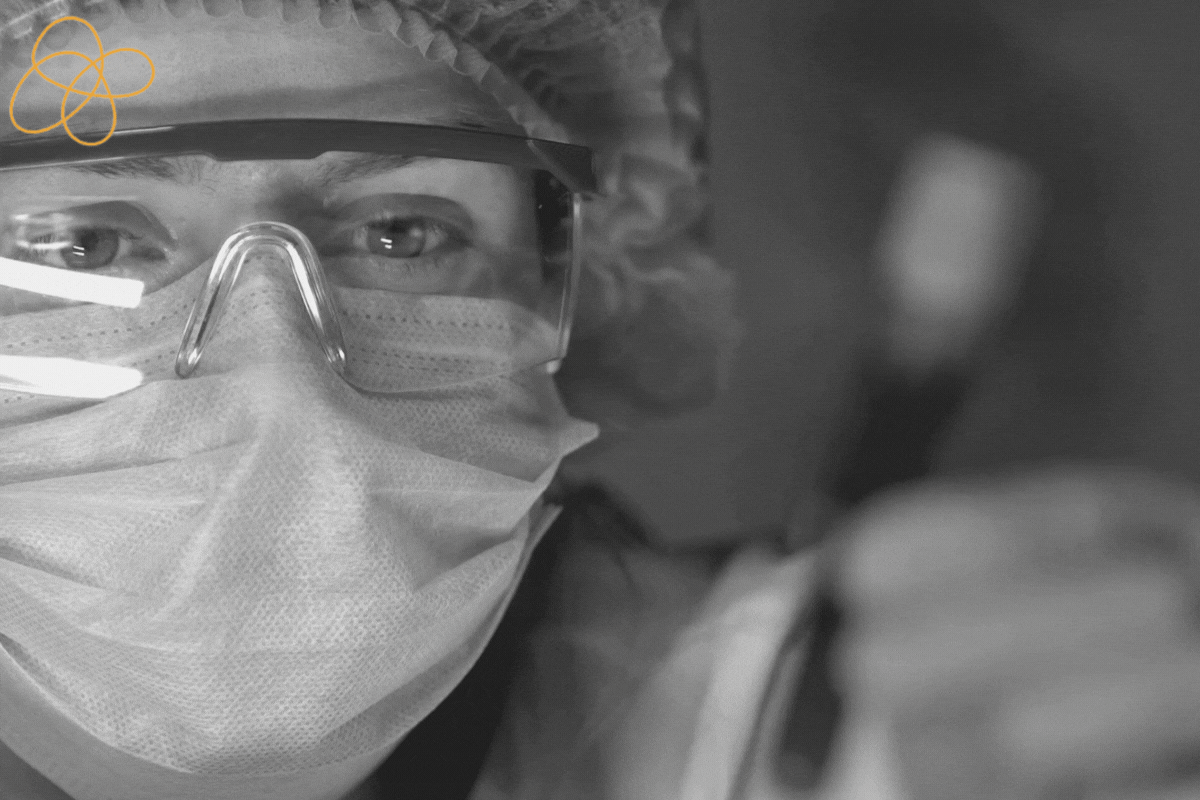Predict and mediate Technical Transfer risks for a successful project
Tech transfers are an essential part of contract manufacturing organization (CMO) projects. A tech transfer aims to move the process from one place to another, which can be due to facility availability, Good Manufacturing Practice (GMP) compliance, or production economics.
Some sponsors may not have the capability, capacity, or technical expertise required for the next production step; constructing such capability can be too costly for smaller companies, while larger organizations often opt for strategic utilization of their internal resources.
A successful tech transfer should consider three primary factors: stage of product lifecycle at transfer time, level of process knowledge and documentation at transfer time, and customer expectations and success criteria.
Tech transfers can come with various factors that affect its success, from equipment choices to production conditions to raw material sourcing. That’s why clear communication and information-sharing are key – or perhaps more appropriately, knowledge management.
It’s essential to have a good understanding of what is known and unknown, as well as who has the needed answers, to ensure a successful transfer. How the information is communicated across all members of the project team and how it evolves throughout the project should also be considered carefully.
A risk assessment is one of the first steps in a tech transfer, which requires a technical exchange and an examination of all unit operations to identify any process variability or deficits in information. During this exchange, it’s imperative that the CDMO ask direct questions with a defined outcome, as well as probe for additional information beyond what was initially given – so that all necessary data and context is gathered for an efficient and successful tech transfer.
The aim here is to bring all parties into an agreement regarding the risks associated with any differences between the current processes at its existing site and changes that may be required at its new site.
When it comes to a tech transfer, it’s best to take an approach that incorporates efficiency-boosting templates but still allows for flexibility to address any risks identified. This helps to achieve a balance between customer goals and feasible outcomes, including clarification of cost and timelines.
Risks can arise from equipment, personnel training, or process-related sources, and therefore documentation is essential to progress from the research stage to a clinical-stage process and finally onto a commercial process. Without thorough documentation throughout the product life cycle, there may be gaps in knowledge and appreciation of essential details.
In the tech transfer process, a lack of understanding and documentation as to why a particular process is effective can lead to increased variability and delays in project completion. To maximize success, it’s vital that collaboration between the sponsor and CMO be based on clear communication, with a single point of contact responsible for consolidating multiple input sources and providing transparent expectations for the process.
This will help ensure that key information reaches the right decision-makers as quickly as possible so that project timelines can stay on track.
The tech transfer run is a critical part of the process, as it confirms that the process performs as expected in the new facility. This run also provides the CMO team with direct process experience and enables them to identify risks and opportunities for potential development.
It serves as a baseline from which continuous process improvement can take place and should not be skipped due to expedience; its value in risk mitigation and knowledge gleaned outweighs the time and cost associated with it greatly.
Customers measure technical transfer success in three interconnected metrics: cost, meeting milestones on time, and product quality. To ensure success, companies should focus on effective communication with experts to provide guidance, meet project scope and timeline requirements, and stay focused on achieving a high-quality product. When choosing a CMO for technical transfer, it is essential to evaluate multiple options to ensure the best fit for your project’s needs.






